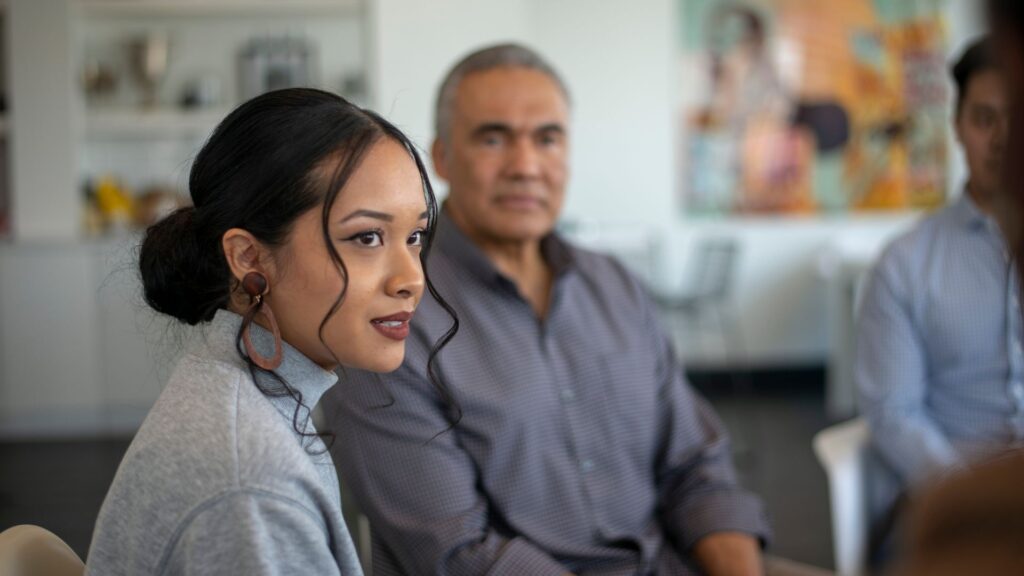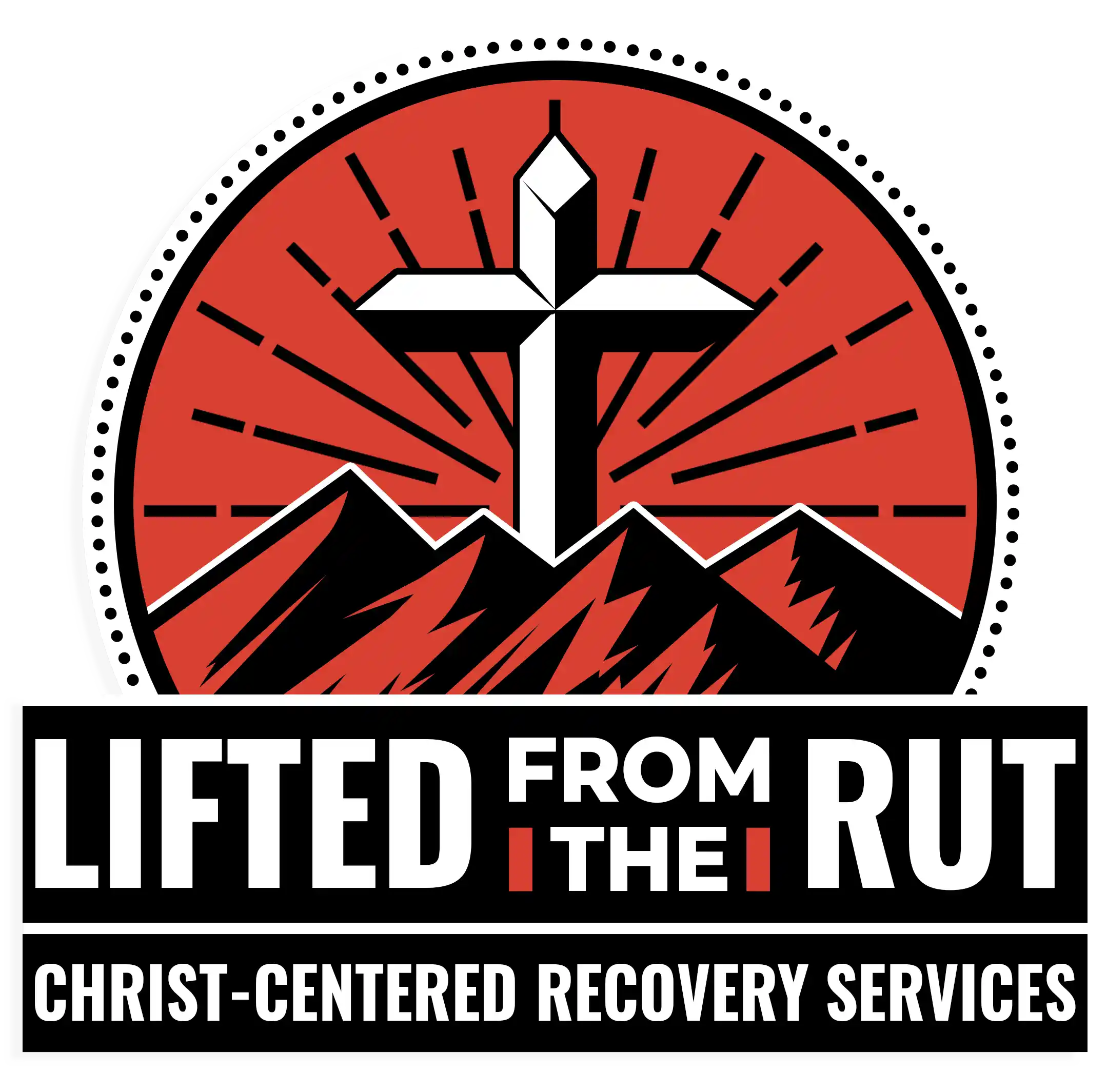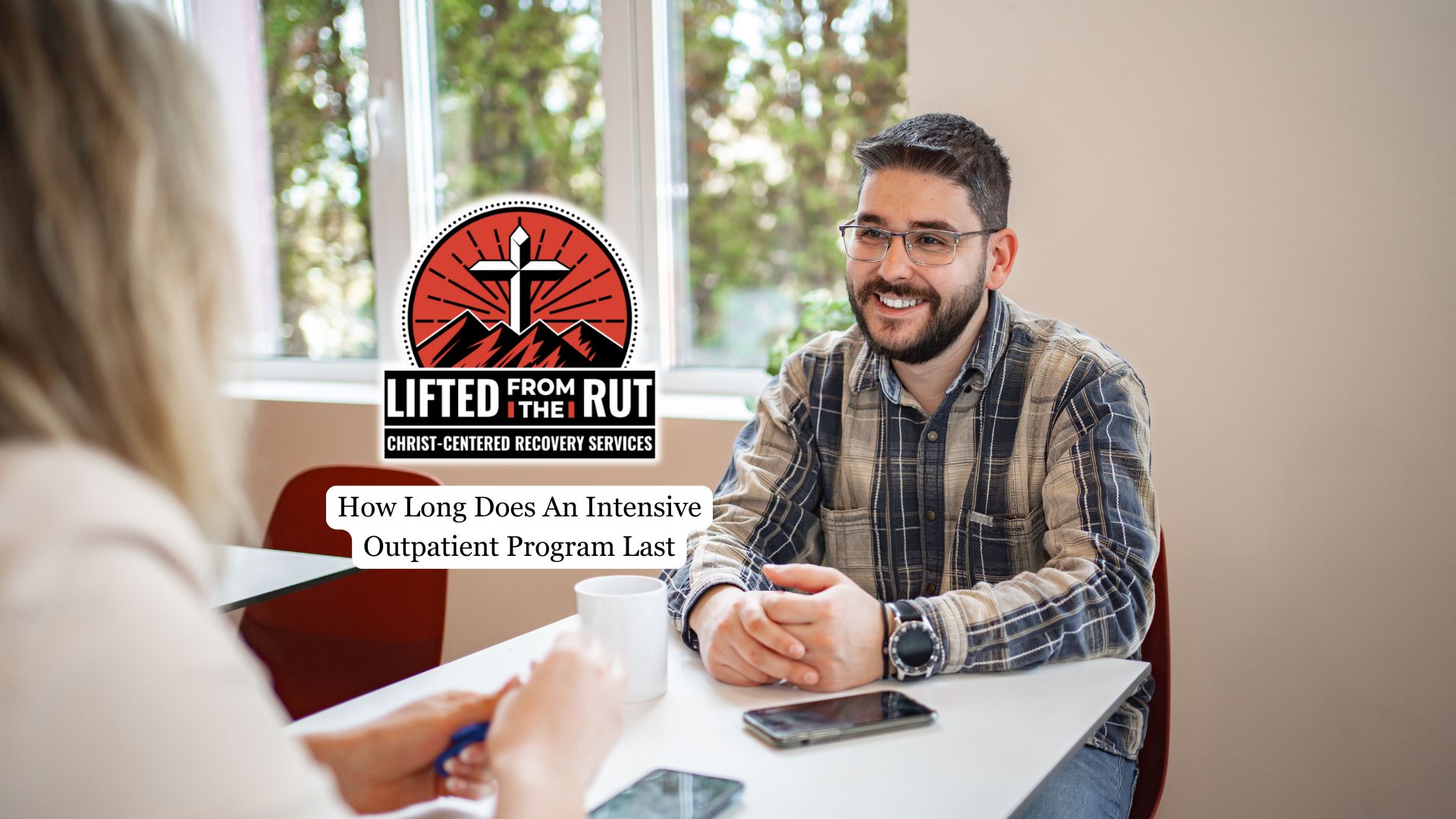An Intensive Outpatient Program (IOP) provides structured addiction treatment while allowing individuals to maintain their daily responsibilities. Understanding how long an IOP typically lasts is important for anyone considering this treatment option.
In this article, we will discuss what an IOP entails, explore the factors that influence its duration, explain what to expect during the program, and highlight the importance of aftercare and ongoing support.
What Is an Intensive Outpatient Program?
An Intensive Outpatient Program is a form of addiction treatment that strikes a balance between residential rehab and less frequent outpatient counseling. It provides a higher level of care than traditional outpatient therapy by requiring attendance at multiple sessions each week. This format allows participants to receive targeted therapeutic interventions, including individual and group counseling, education on addiction, relapse prevention strategies, and life skills development.
The IOP model respects the complexity of recovery, addressing not just physical aspects but also mental, emotional, and spiritual health. Recognizing the whole person, including their unique circumstances and belief systems, is central to effective treatment. This holistic approach aligns well with programs that combine clinical evidence with compassionate, faith-based care, supporting healing on all levels.
Typical Duration of an IOP
Most Intensive Outpatient Programs last between 8 and 12 weeks, though this can vary based on the provider and the patient’s progress. During this period, individuals typically attend sessions three to five days per week, with each session lasting two to four hours. The consistent frequency ensures that patients receive ongoing support and guidance while integrating new coping skills into their daily lives.
The duration is designed to be sufficient for addressing the underlying causes of addiction, developing relapse prevention tools, and fostering emotional regulation. However, it is not a one-size-fits-all timeline. Some may complete the program sooner if they make rapid progress, while others benefit from extended participation to reinforce their recovery foundation.

Factors Influencing IOP Length
Several factors contribute to how long someone might remain in an Intensive Outpatient Program. The severity of the addiction is a primary consideration; individuals with a longer history of substance use or co-occurring mental health disorders may require more intensive or prolonged treatment.
Personal circumstances also matter. Those with strong support systems or fewer external stressors might advance through the program more quickly, while others facing complex life challenges may need additional time. Treatment plans consider all these elements, ensuring care is tailored and respectful of the individual’s pace.
Moreover, progress is continuously monitored. Therapists and counselors regularly evaluate each patient’s response to treatment, adjusting the program length or intensity accordingly. This personalized approach embodies a spirit of patience and grace, understanding that healing is a process that unfolds uniquely for every person.
What to Expect During the Program
Participants in an IOP can expect a combination of therapeutic modalities. Group therapy offers peer support and shared experiences, reducing feelings of isolation while fostering accountability. Individual counseling provides a confidential space to explore personal triggers, trauma, and goals.
Educational sessions teach about addiction’s effects on the brain and body, as well as strategies to prevent relapse. Life skills training may cover stress management, communication, and rebuilding relationships. Over time, as participants gain confidence and stability, the program often shifts to emphasize real-world application, helping individuals apply recovery tools outside the therapy setting.
This gradual transition supports sustainable change. Recovery is not a sudden transformation but a steady process of growth, setbacks, learning, and perseverance. Faith-based elements, such as encouraging reflection, hope, and forgiveness, can underpin this journey, offering inner strength alongside clinical support.
Flexibility and Adjustments
One of the key benefits of an Intensive Outpatient Program is its flexibility. Treatment plans are not static; they evolve based on ongoing assessments and the participant’s needs. If challenges arise or progress stalls, additional sessions or a longer program duration can be arranged.
This flexibility reflects an understanding that recovery is rarely linear. Compassionate care means honoring setbacks without judgment, encouraging individuals to keep moving forward despite difficulties. It also means celebrating milestones and growth, reinforcing motivation to continue.
For many, the inclusion of faith or spiritual guidance in the recovery process provides an added layer of resilience. Belief in grace, renewal, and the possibility of transformation helps sustain hope during the inevitable ups and downs.
The Role of Aftercare and Transition
Completing an Intensive Outpatient Program is a significant achievement, but it is part of a larger recovery continuum. Aftercare planning is crucial for maintaining progress and preventing relapse. This often includes ongoing therapy, support groups like 12-step or faith-based recovery communities, and sometimes medication management.
Spiritual or church involvement can play a vital role in aftercare, offering a sense of belonging and ongoing encouragement. Many find that a supportive community, whether secular or faith-centered, provides the accountability and emotional support needed to navigate life’s stresses sober.
Transitioning from IOP to less intensive support requires preparation. Individuals learn to recognize triggers, build strong coping networks, and develop daily routines that promote wellness. This phase is about empowering sustained recovery and cultivating a fulfilling, balanced life.
Final Thoughts from LFTR Christian Rehab Services
At LFTR Christian Rehab Services, our faith-based, evidence-driven Intensive Outpatient Program in Littleton, Colorado supports individuals through every stage of recovery. The program typically lasts 8 to 12 weeks and is tailored to meet each person’s unique needs while balancing life’s responsibilities. We focus on healing the whole person, spirit, soul, and body, offering compassionate, structured care grounded in clinical expertise and spiritual guidance. Recovery is a process that requires patience, hope, and dedication.





